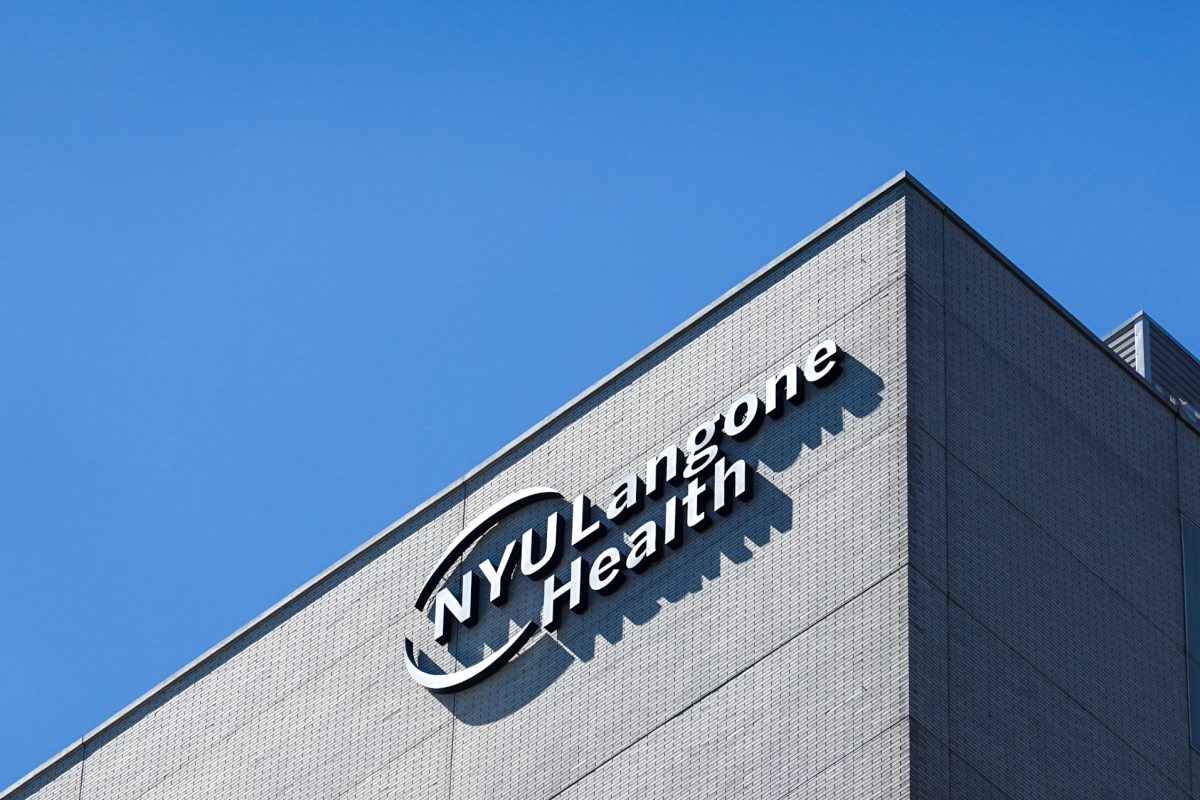People exposed to dust and fumes from the 9/11 attacks on the World Trade Center are likely to show genetic abnormalities associated with breast cancer, researchers at NYU Langone Health’s Perlmutter Cancer Center found. The June study was among the first to examine effects of World Trade Center debris on the development of breast cancer.
The study came in response to an increase in breast cancer found in residents and workers near the site in the aftermath of the attack. Alan Arslan, senior study author and associate professor at the Grossman School of Medicine, told WSN that these residents and workers with breast cancer remain an “understudied” population in research relating to the long-term health consequences of 9/11.
Researchers compared DNA methylation — a genetic process that mitigates tumor growth but can be harmful in excess — in blood samples from four groups that differed in whether subjects were exposed to smoke from World Trade Center debris and whether they show signs of breast cancer. They found that groups exposed to the dust, both with and without cancer, were more likely to exhibit hypermethylation.
“These findings help explain why World Trade Center rescuers and survivors are more prone to certain types of cancer, including breast cancer,” Arslan said.
Prior to recent studies, scientists had established that the dust contained hazardous substances such as asbestos, pesticides, metals and plastic that heighten risks of cancer. Arslan said he aims to use his recent findings to expand research that focuses on the role of DNA methylation in situations where people are exposed to harmful chemicals.
“With a better understanding of the mechanism that causes cancers at the molecular level, we hope to expand the study to objectively assess one’s level of dust exposure, as opposed to less reliable methods that depend on subjective details from patient interviews,” Arslan said. “While the study dealt with World Trade Center dust specifically, we think that the DNA methylation analysis could be applied to other situations of heavy chemical exposures in the future.”
Contact Mariana Arboleda at [email protected]






















































































































































